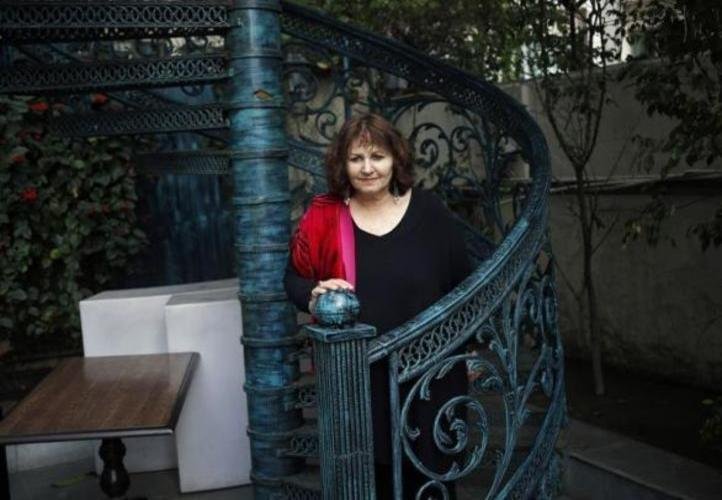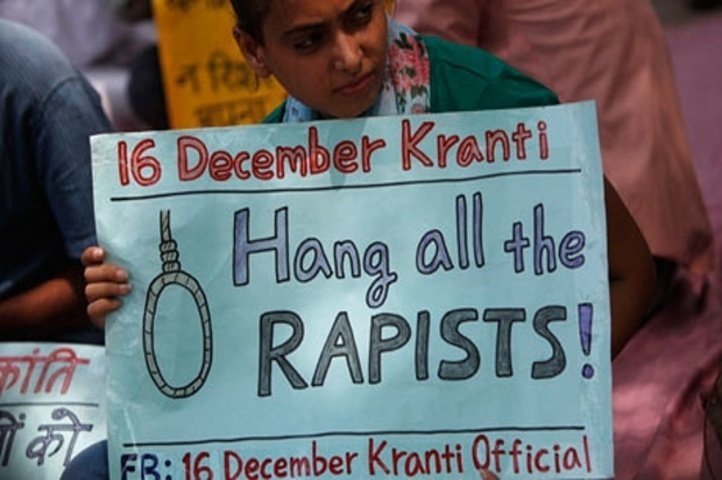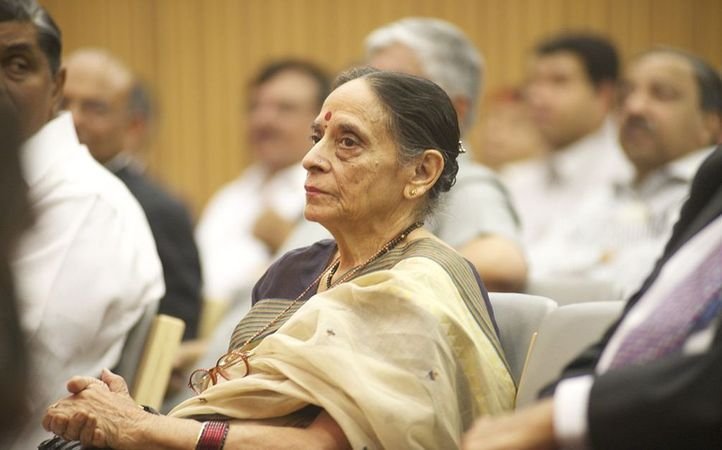It isn’t easy for Indian women. Issues ranging from safety to the mindset of how society treats crimes committed against them remain nowhere close to resolution.
So when you have Justice Leila Seth, who was part of the Justice JS Verma committee that proposed far reaching measures for women’s safety, controversial documentary filmmaker Leslee Udwin and author Sonia Faleiro at one venue, you hope for some viable ideas.
And they didn’t disappoint. Speaking at a panel discussion at the Times Lit Fest, this is what they had to say on:

Changing mindsets about crimes against women:
Justice Leila Seth attempted to explain the mindset behind rape.
“Rape is often committed not only for lust, but also power, and high class men do it sometimes to show power,” she said, citing the Bhanwari Devi case as an example.
Describing the mentality of society at large, Sonia Faleiro spoke of the instance of the Birbhum gang rape case where, “the victim was seen as a prostitute because she was able to describe the genitalia of her rapists.”
“We feel compelled to talk about the character of a rape victim,” she said.
Leslie Udwin said a patriarchal mindset was a global problem.
“If you are a girl between the ages of 15 and 17, you will face sexual abuse, and this happens to one in three girls,” she said.
India’s Daughter:
Speaking about her banned documentary, Leslee Udwin said, “it hit the wrong nerve because it held up a mirror to the society”
Udwin said, “I was disappointed by the resistance from the government and some backward forces, and they are not in the majority let me inform you, but I got a lot of support from grass roots level in India, and it did well around the world.”

How can the state work better for women:
Justice Seth expressed her disappointment about the government not accepting the Verma commission’s recommendations about a law against marital rape.
“Marriage does not wipe out a women’s sexual rights and integrity”, she said.
She added, “Men make laws, and the men said it would spoil marriages, they laughed at the suggestion.”
When it comes to handling rape cases, Faleiro pointed out that “the kind of media attention that a rape case receives, affects the attention that the police will give to it, and decide if the victim will get speedy justice.”
Udwin, however, sees things being much worse.
“There is no speedy justice, even the Supreme Court will take two more years to hear the final appeal in the Nirbhaya case, this is not speedy justice,” she said.

On making society more gender neutral:
Justice Leila Seth pointed out another suggestion the Verma commission had made to the government, which was “considering rape cases as gender neutral, which means that the victim can be a man or a woman, and the perpetrator can be a man or a woman.”
“But women’s groups expressed concern that police and law-enforcement agencies were still not ready for understanding this. We had then said, ‘Only a man could be the perpetrator, but the victim could be a man or a woman’,” she said.
“Empathy, equality and value of human life should be taught in schools across the world,” Udwin said.
“27 countries globally have agreed to include this as a separate subject in their national curricula,” she added.
Gender Equality:
While discussing gender equality and rights of women Udwin said, “Men will not give that to us, have you heard of someone willingly giving up power? We cannot rely on men to support gender equality, we have waited 14 millennia, how much longer should we wait?”
Responding to this, Justice Leila Seth said, “There are a lot of men willing to support women if they stand up for their rights.”
“We don’t even want one daughter to be equal to ten or ten thousand sons, we just want one daughter equal to one son,” she said.

















